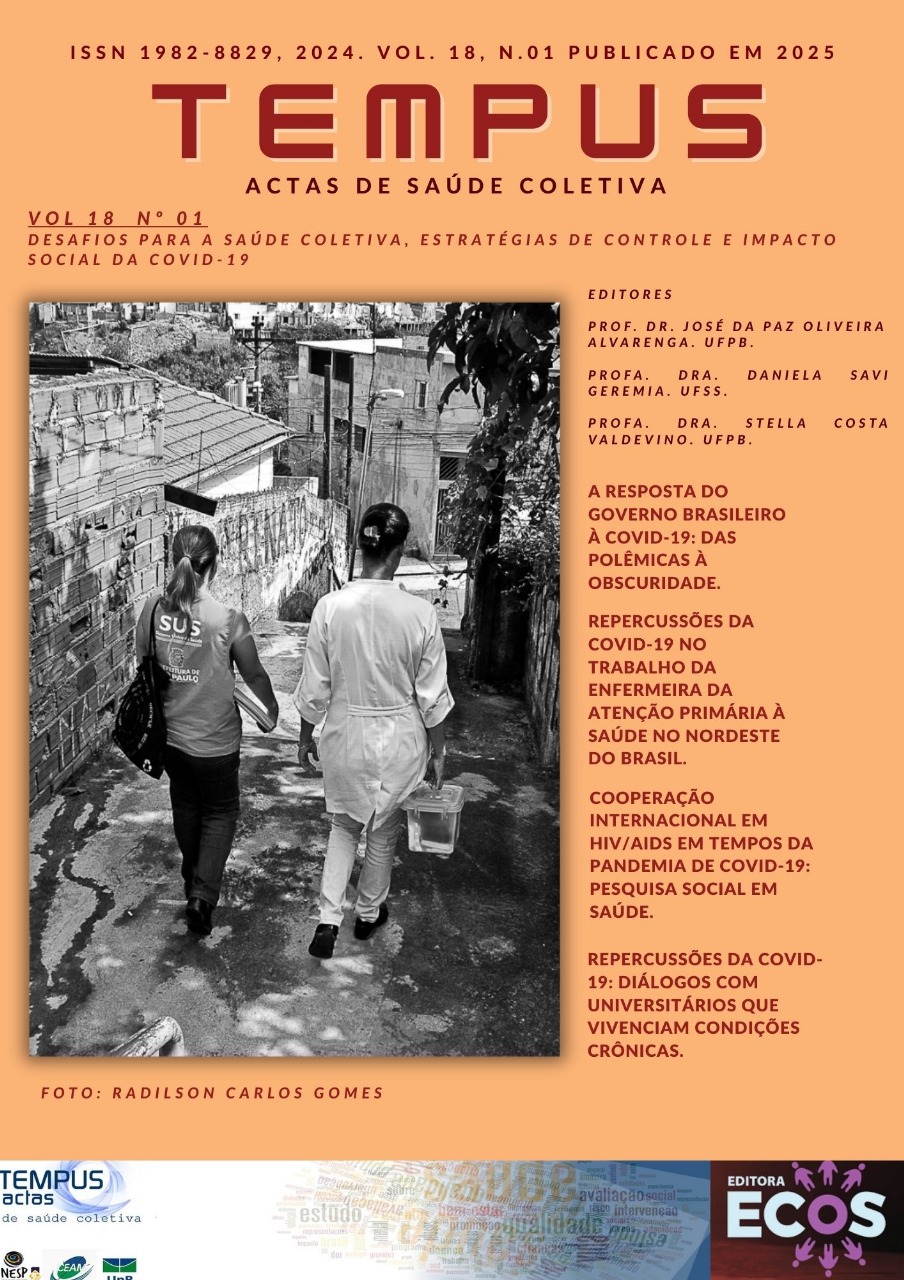Abstract
The COVID-19 pandemic brought new challenges to the countries ‘global cooperation and primarily affected populations that were already in a situation of social vulnerability, strengthening the country’s structural social inequalities. This paper focuses on some international cooperation experiences conducted during the pandemic period, including 2020-2022, about the HIV and Aids epidemic. It aimed the understanding of cooperation experiences that collaborated to guarantee the rights of people living with HIV. The analysis was based in an analytical matrix that gathered the online collected news published in the official websites of governmental institutions and international and non-governmental organizations involved in public health response to HIV. Results show that UNAIDS and Fiocruz were relevant institutions in maintaining the rights of people living with HIV during this period, in which they developed some international cooperation experiences. Also, the institutional capacity for mobilization and networking liaisons to offering quick responses. The COVID-19 pandemic has overloaded health systems, making it difficult to monitor people living with HIV and Aids and potentiating negative effects through the HIV/Aids and COVID-19 syndemic.

This work is licensed under a Creative Commons Attribution 4.0 International License.
Copyright (c) 2025 Tempus – Actas de Saúde Coletiva ISSN 1982-8829
